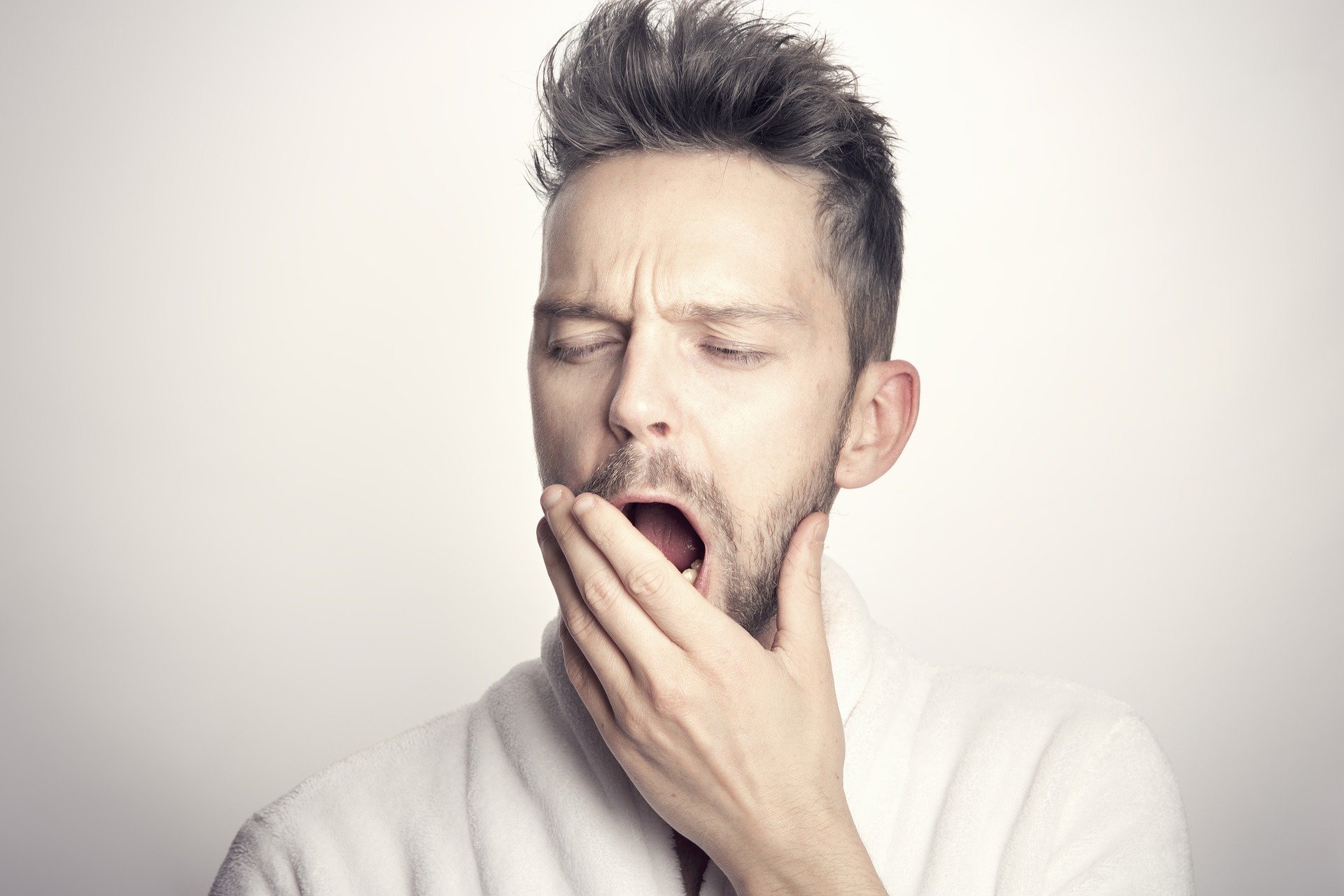Are you having trouble sleeping?
You’re not alone: insomnia is a problem many people experience at some point in their lives.
Sometimes, the problem is temporary and caused by circumstances like stress or a new environment. Other times, insomnia is a long-term problem associated with a variety of health and lifestyle factors.
Whatever the case, there are some remedies experts recommend when you’re having trouble sleeping.
Here, we’ll share a few of the best tips for beating insomnia so you can sleep better at night.
1. Choose a Regular Bedtime
Having a regular bedtime isn’t just for kids: it can have immense benefits for beating insomnia and getting the rest you need.
Why?
Going to bed at the same time every night helps train your mind and body to wind down and know when it’s time to sleep, so you’re not tossing and turning for hours.
2. Create a Bedtime Routine
Once you’ve chosen a regular bedtime that works best for your individual schedule and needs, the next step is to create a relaxing bedtime routine.
You might take a hot aromatherapy bath followed by a cup of herbal tea, do stretches and meditation exercises, or write down a to-do list for the following day. Whatever you choose, relaxing activities like these help reduce stress and prepare you for a great night of sleep.
3. Set Boundaries for Screen Time
If you typically spend the last hours before bed checking email, scrolling through social media, or watching TV, you might be unintentionally making insomnia worse.
The blue light from any screen (TVs, tablets, phones, computers, and gaming devices) stimulates your brain, sending signals to your brain that keep it awake and alert.
The solution? Try avoiding screens at least one hour before bedtime.
4. Exercise Regularly
Surprisingly, exercise is one of the best ways to improve sleep quality.
Although you may feel exhausted from a long day (particularly if you aren’t sleeping well), your body needs exercise to maintain its overall health and promote healthy sleep.
There’s no need to start a rigorous exercise routine if that’s not appealing or possible for you. Find something you can commit to regularly, like a short morning jog, a walk on your lunch break, or a low-impact yoga class you can stream at home.
5. Rethink Your Diet
What you eat and drink throughout the day can impact the quality of your sleep.
Avoid drinking too many caffeinated or alcoholic beverages and consuming foods high in sugar or starch: they can keep your brain stimulated and impact fluctuations in blood sugar that may keep you awake at night.
6. Eliminate a Major Cause of Sleep Problems
Could your insomnia be caused by nighttime bruxism (teeth grinding)?
According to JS Dental Lab, many people who experience nighttime bruxism aren’t even aware that it’s happening. But it can have a significant impact on your quality of sleep, as bruxism can put undue stress on the muscles in your face and jaw.
In order to eliminate this surprisingly common cause of sleep problems, consider using a custom night guard.
7. Update Your Bedding
Discomfort is one of the major causes of insomnia. Fortunately, it’s an easy problem to solve.
If you frequently feel too hot at night, try turning down your thermostat and switching to natural, more breathable bedding fabrics such as cotton or silk. Always cold? Invest in some high-quality flannel sheets and upgrade your comforter.
Sometimes, it’s your pillow that’s the problem. Do some research to find out which type of pillow is most beneficial to your preferred sleeping position.
8. Reduce Excess Light
While letting natural light flood your bedroom during the day can be uplifting, too much light pollution at night may cause sleep disruptions and contribute to insomnia.
To reduce excess light, consider using blackout curtains or blinds to fend off light coming from outside. Shut off screens and avoid clocks or appliances without a nighttime mode that allows you to turn off the lighting feature of a display.
Conclusion
Few things create more stress than tossing and turning at night, worried about how tired you’ll feel when taking on the demands of tomorrow.
Luckily, these pro tips help most insomnia sufferers overcome the source of the problem and get better rest.
That said, if you continue to experience problems sleeping after making the recommended lifestyle changes, it might be time to see a doctor about safe and effective remedies that are right for you.

